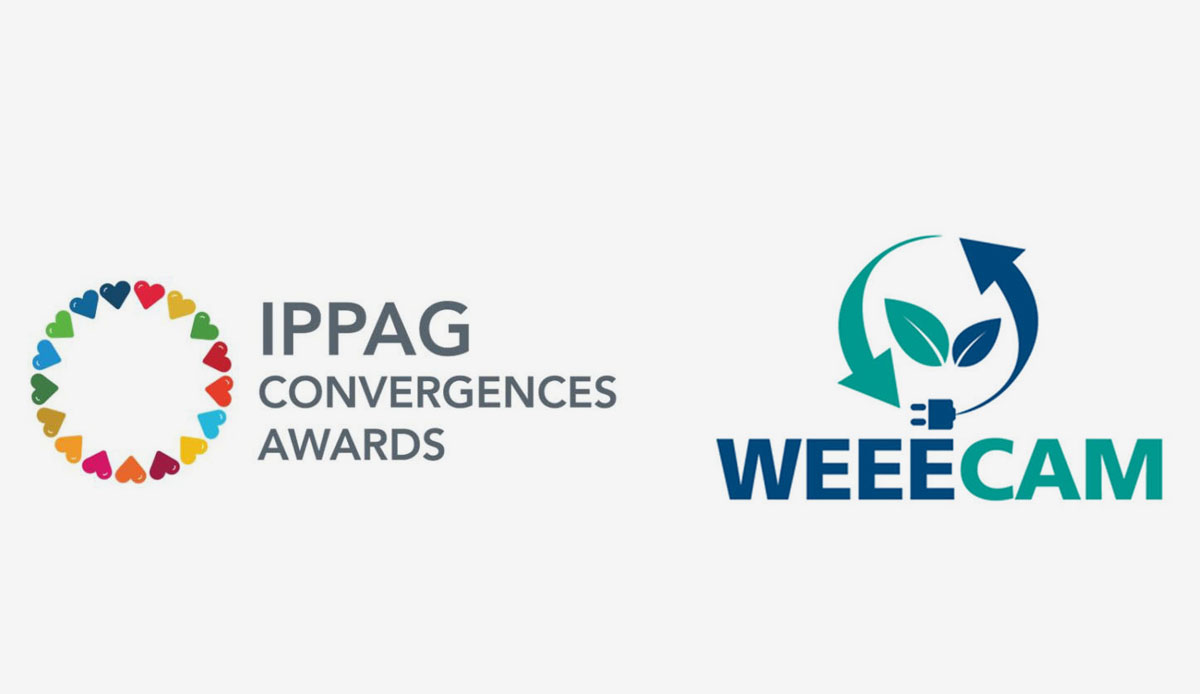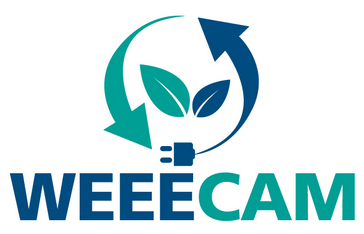
06 Sep The 2018 IPPAG Convergences Awards: We have a winner
he 2018 IPPAG Convergences Awards: we have our winner!
At IPPAG, we want to: act more… / act better… / act differently…
… by investing together to offset our activities and give back.
That’s why, this year, we have teamed up with Convergences: an international think-tank focused on advocacy and mobilisation to promote the UN’s Sustainable Development Goals and the development of a “Zero Exclusion, Zero Carbon, Zero Poverty” world.
![]()
![]()
![]()
![]()
![]()
Projects were submitted from around the world, and out of these: 25 were qualified for the 2018 IPPAG Convergences Awards. After a phase of online voting from the public, our Jury composed of public, private, institutional and charity sector representatives shortlisted 5 projects, which were all further reviewed during a semi finale.
We are therefore now delighted to announce that the winner of the 2018 IPPAG Convergences Awards is ‘PROJECT WEEECAM’ a sustainable e-waste recycling initiative in Cameroon.
WEEECAM received the award during a ceremony in Paris at the annual International Convergences Forum on September 3rd, and will also benefit from a financial grant, on-going support from IPPAG and Convergences: visibility, networking and mentorship…

The WEEECAM project aims to design and set up a large-scale, sustainable WEEE recycling activity in Cameroon. The ultimate goal is to demonstrate that the sustainable recycling of WEEE (Waste of Electrical and Electronic Equipment) can be profitable in developing countries today.
The objective is a large-scale, replicable activity of e-waste collection and recycling in Cameroon’s two major urban areas. 10.000 tons of WEEE will be recycled over a 5 year period.
IPPAG and its members wanted the award winning project to be:
Feasible, Relevant, Impactful, and Effective
…….and WEEECAM fits our criteria perfectly.
IPPAG and its members have adopted standards for the safety, quality and integrity of our products and processes and we are committed to respecting not only the rights of individuals, but also of our environment.
The United Nations University (UNU) estimates that the global flow of electronic waste, or WEEE (Waste of Electrical and Electronic Equipment), was 41.8 million metric tons in 2014, with an estimated growth rate of 4-5% per year. This specific type of waste poses a serious threat to human health and the environment.
WEEECAM and IPPAG believe that the sustainable recycling of WEEE can be viable in developing countries, and that this emerging global threat can be turned into a driver of green growth
At IPPAG, we are very proud to be supporting this project. The expected outcomes include:
– the ecological treatment of 10.000 tons of hazardous waste
– the sale of thousands of tons of strategic raw materials and tens of thousands of refurbished appliances
– the creation of 157 local full-time jobs as well as hundreds of contract jobs
– improved income and working conditions for informal e-waste workers
– and a carbon offset close to 100.000 tons.
To find out more about this project (English version pending):


